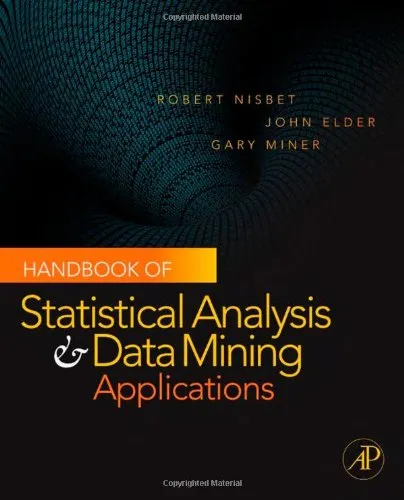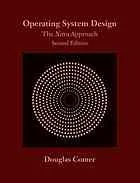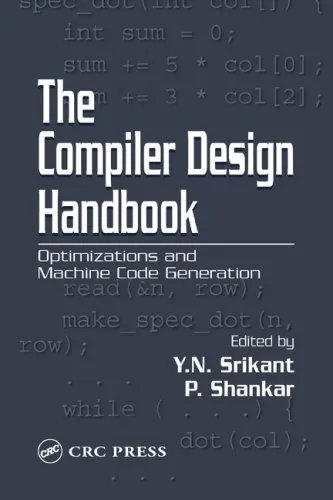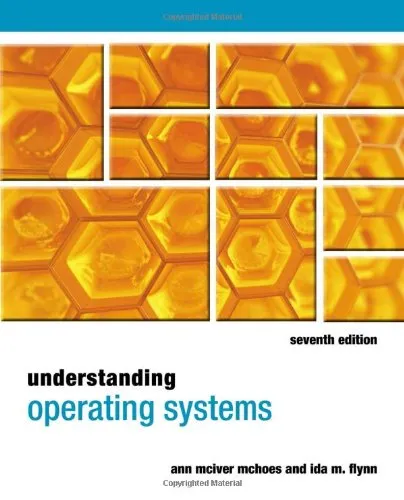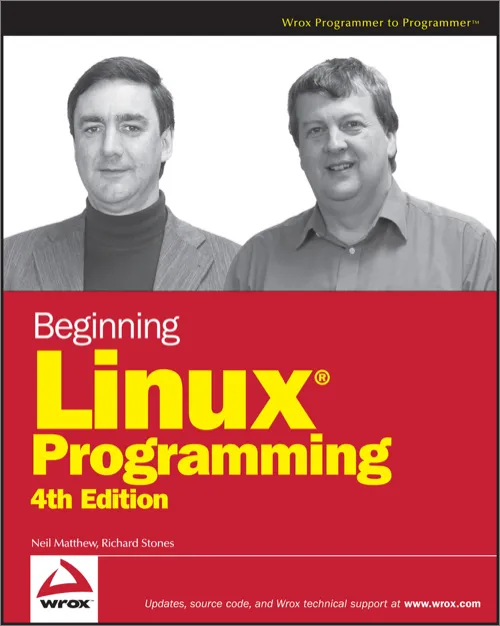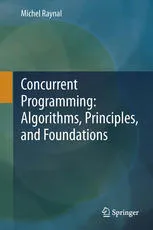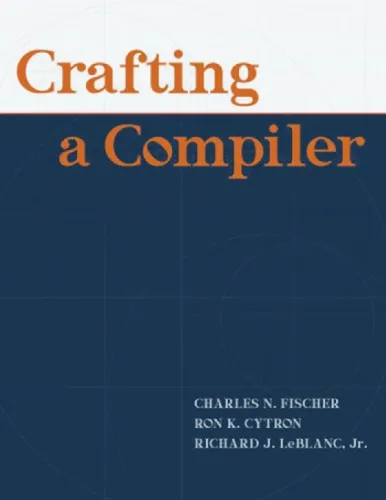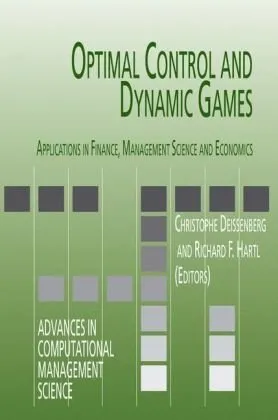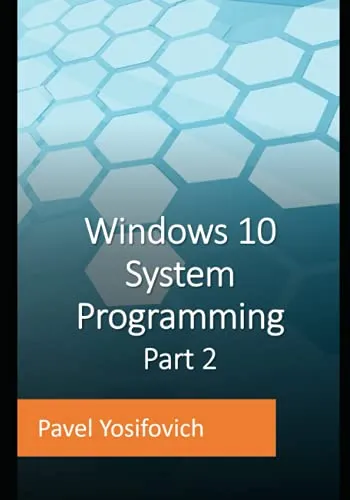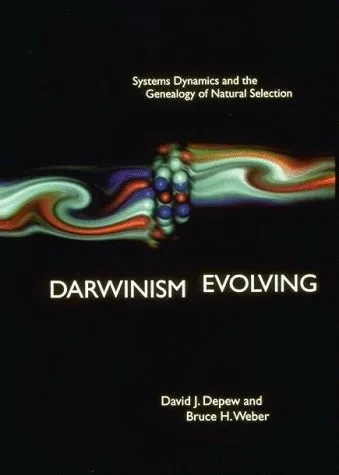Optimal Event-Triggered Control Using Adaptive Dynamic Programming (Automation and Control Engineering)
4.0
Reviews from our users

You Can Ask your questions from this book's AI after Login
Each download or ask from book AI costs 2 points. To earn more free points, please visit the Points Guide Page and complete some valuable actions.Related Refrences:
Introduction
"Optimal Event-Triggered Control Using Adaptive Dynamic Programming (Automation and Control Engineering)" is a groundbreaking contribution in the field of control systems, authored with a detailed interdisciplinary perspective by Sarangapani Jagannathan, Vignesh Narayanan, and Avimanyu Sahoo. This book offers a comprehensive framework for understanding the theory and applications of event-triggered control systems, combined with the power of adaptive dynamic programming (ADP). It is designed for researchers, engineers, and practitioners who wish to develop efficient control mechanisms in real-time systems. The book uniquely combines academic theory with practical insights into adaptive control and optimization techniques, making it a valuable resource for developing cutting-edge intelligent systems.
Detailed Summary of the Book
This book introduces a novel approach to the design and implementation of event-triggered control systems through the synergistic use of Adaptive Dynamic Programming (ADP). The authors have meticulously explored the importance of optimizing event-triggered mechanisms to achieve stability and performance in dynamic systems, especially in resource-constrained environments. The book focuses on utilizing ADP, a promising reinforcement learning mechanism, to achieve near-optimal policies without a predefined system model.
Key topics include the foundations of event-triggered control, operational principles of ADP, the role of neural networks in constructing optimal policies, and the exploration of stability and convergence guarantees in adaptive systems. Additionally, various real-world applications, ranging from robotics and intelligent transportation systems to energy networks and cyber-physical systems, are discussed. Step-by-step formulations, case studies, and simulation results enrich the understanding of the presented methodologies.
The book's structure ensures a logical progression, taking readers from fundamental concepts and theoretical frameworks to practical implementations. It bridges the gap between theory and practice, helping readers grasp both the mathematical rigor and the real-world significance of event-triggered control using ADP.
Key Takeaways
- Understanding the principles of event-triggered control and its significance in reducing computational burden and communication overhead in distributed systems.
- Mastery over Adaptive Dynamic Programming (ADP) as a learning-based control methodology.
- Comprehensive knowledge of neural networks and their applications in real-time optimization and control scenarios.
- Practical insights into stability analysis, mathematical convergence, and robust design of controllers.
- Applications of the techniques in solving problems in robotics, multi-agent systems, smart grids, and autonomous vehicles.
Famous Quotes from the Book
The book includes several profound observations about adaptive control and event-triggered systems. Some of the standout quotes are:
"The hallmark of an intelligent system lies not in its ability to perform tasks but in its capacity to optimize itself under constraints."
"Event-triggered control mechanisms mirror the rhythm of the natural world—reacting only when necessary, conserving energy, and fostering efficiency."
"Adaptive Dynamic Programming is not just an algorithm; it is a philosophy of learning and adaptation driven by the power of approximation."
Why This Book Matters
In an age dominated by interconnected systems and vast streams of real-time data, achieving efficiency without compromising performance has become critical. Traditional controls rooted in periodic sampling often result in resource wastage and scalability challenges. This book addresses these challenges head-on by advancing the notion of event-triggered control—a methodology where computation or communication is triggered only when necessary. It couples this concept with Adaptive Dynamic Programming, a modern reinforcement learning paradigm that equips systems with the ability to optimize performance dynamically.
The relevance of this book extends across multiple domains, from academia to industry. Researchers will appreciate its theoretical depth and rigorous proofs, while engineers and practitioners can directly apply its frameworks to enhance the performance of real-world systems. Furthermore, the book highlights the convergence of artificial intelligence, control engineering, and optimization, reflecting current trends in modern engineering practices.
"Optimal Event-Triggered Control Using Adaptive Dynamic Programming" is not just another academic treatise; it is a call to action for smarter, more efficient design of next-generation intelligent systems. Its approach to blending learning-based mechanisms with practical control methodologies redefines the possibilities in automation and control engineering.
Free Direct Download
You Can Download this book after Login
Accessing books through legal platforms and public libraries not only supports the rights of authors and publishers but also contributes to the sustainability of reading culture. Before downloading, please take a moment to consider these options.
Find this book on other platforms:
WorldCat helps you find books in libraries worldwide.
See ratings, reviews, and discussions on Goodreads.
Find and buy rare or used books on AbeBooks.
1336
بازدید4.0
امتیاز0
نظر98%
رضایتReviews:
4.0
Based on 0 users review
Questions & Answers
Ask questions about this book or help others by answering
No questions yet. Be the first to ask!
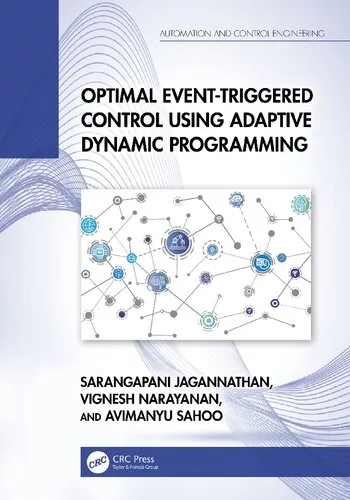

![Engineering a Compiler, Second Edition [2nd Ed] (Instructor's Edu Resource 1 of 2, Solution Manual) (Solutions)](https://s3.refhub.ir/images/thumb/Engineering_a_Compiler__Second_Edition__2nd_E_2258.webp)
